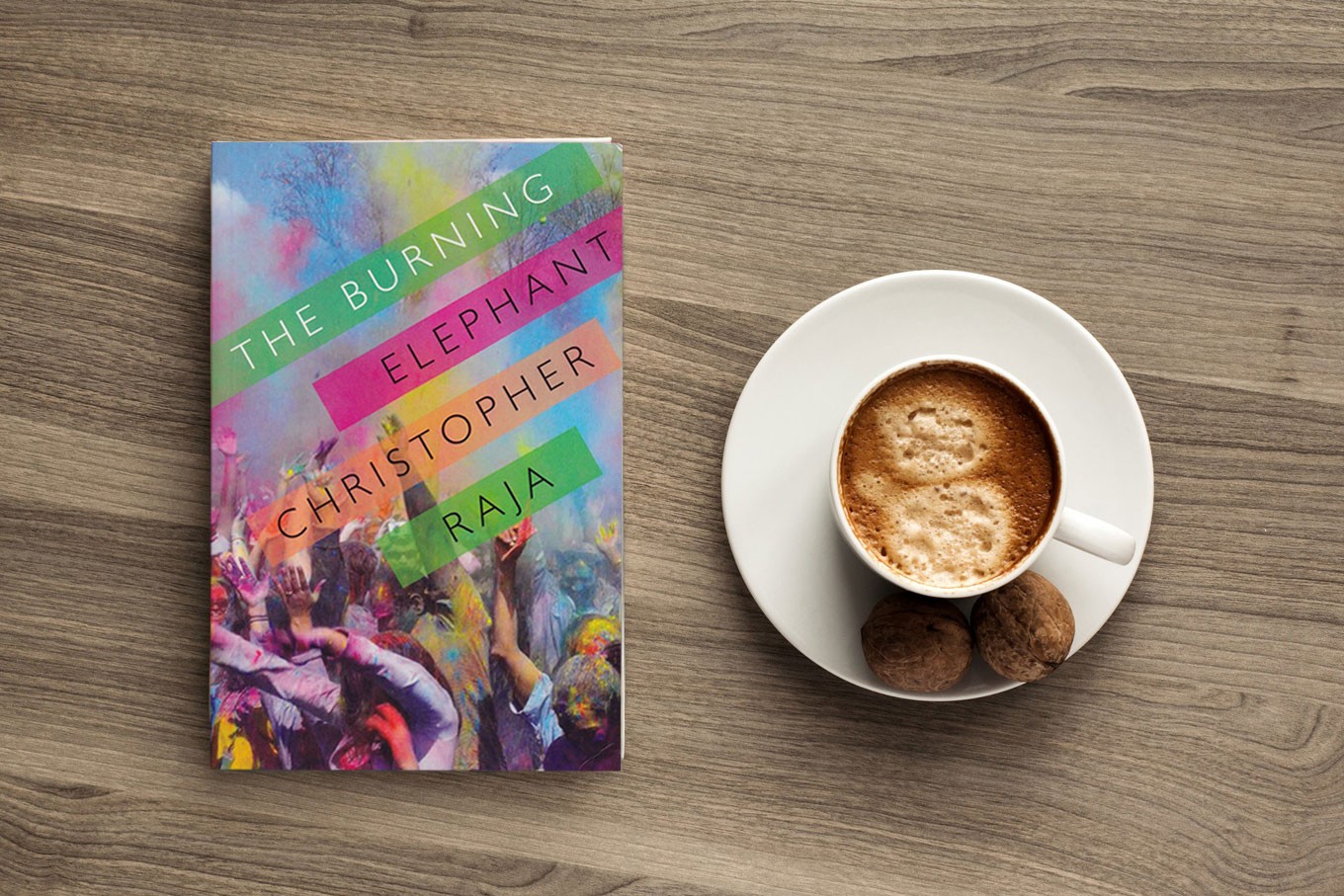Popular Reads
Top Results
Can't find what you're looking for?
View all search resultsPopular Reads
Top Results
Can't find what you're looking for?
View all search resultsIt began with an elephant
Change text size
Gift Premium Articles
to Anyone
E
very decent read is a unique personal experience, but it is hard, as an Indonesian having firsthand experience of the 1998 May riots, not to take Christopher Raja’s The Burning Elephant to an even more personal level.
The 2015 debut novel tells the story of growing up and innocence lost — an experience common to young adults. However, for the main character Govinda, the ordeal is amplified by jarring incidents in his family and his home country, India.
The son of a respected headmaster in Calcutta can sense that many things are brewing: Between his charming yet mysterious mother and his level-headed father; between them and the Sikh family cook; within chaotic, colorful Serpent’s Lane where he runs around and at times engages in mischief; and even within broader India, heaving under sectarian tension.
Yet, being a young boy, he cannot pinpoint exactly how and why uneasiness arises, even as eruption after eruption unfolds before his very eyes, starting from the day the book’s eponymous elephant wanders into his schoolyard, prompting the adults present to take drastic action.
Read also: 'Refugees' is timely, timeless in telling of human stories
And, as most children do, Govinda expresses his interpretations of incidents in an endearingly microcosmic way. He asks brutally honest questions: If such was the action taken against the elephant, what does it say about him? What does it say about the people around him?
The painful answers are revealed in the wake of the deadly, gruesome violence he witnesses almost immediately after the news of the assassination of prime minister Indira Gandhi breaks.
And it is here that an Indonesian might find it hard to dissociate themselves from their historical identity — particularly those who witnessed the 1998 riots and the sectarian conflicts ensuing in various parts of the archipelago during that year and beyond.
Raja writes of arson; mobs seemingly blinded by violence; a perceived state of lawlessness, where the presence of men in uniform makes little difference, if any, and an atmosphere of terror so immense that it can even be felt behind the walls of the gated school compound where Govinda lives– all this against the background of a hot, stuffy and polluted city.
Combining the naivety of an adolescent’s mind and the complexities within India’s socio-political state in the 1980s. The Burning Elephant is fast-paced and even frenzied at times. In some ways, the passionate storytelling style and the rich symbolism is reminiscent of Khaled Hosseini’s The Kite Runner, or even Isabel Allende’s The House of the Spirits.
The novel exploits the rawest of human dynamics: Attachment, jealousy and fear being just a few. On a more specific note, it touches on the issue of asylum seeking.
Amid the chaos and disappointments, Govinda’s father has one glimmer of hope: Australia, the lucky country where — he muses — there will be order, egalitarianism and peace.
Many “migrant stories” begin when displaced people arrive in their new countries, but with The Burning Elephant, Raja chooses to recount the string of events that occur before someone decides to leave the place where they are born.
With this move, the novel sheds a different light on the asylum-seeker issue — currently a heavily politicized and debated one in Australia, where the author now resides.
___________________________
The Burning Elephant
By Christopher Raja
Published by Giramondo, 2015
194 pages











